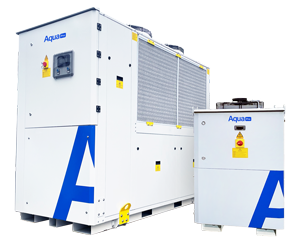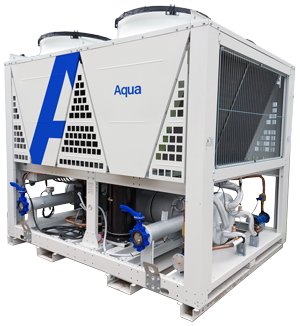2015 heralded a new era for refrigerants as R22, the last of the hydrochlorofluorocarbons (HCFCs), was finally banned within Europe and a legislative phase down of hydrofluorocarbons (HFCs) got underway.
Updated legislation addressed these man-made fluorinated gases and their use across industrial applications. In an attempt to control and limit their production over a 15-year period, manufacturers now require an EU quota to supply and distribute them. By 2030 the EU have set out to reduce the availability of HFCs by 79%.
HFC refrigerants have been commonly used as replacements to HCFCs over recent years but their global warming potential is still very high. For example, R134a has a GWP of 1430.
From 2020 the legislation will no longer allow commercial refrigeration equipment to be serviced with new refrigerant if it’s GWP is over 2500, meaning the use of R404A will be obsolete.
Introducing R1234ze
With an extremely low GWP figure, R1234ze has already been identified within the cooling industry as an ideal replacement to R134a. This refrigerant is from the hydrofluroolefin family, put simply it’s an unsaturated hydrocarbon (HFO). With a reported GWP figure of <10 it’s easy to see how it could be a worthy successor.
A number of Aqua Group’s chiller units are already available with R1234ze as an option, including our popular EET and EEF ranges and chillers with centrifugal Turbocor compressor chillers.
A Natural Alternative?
Aqua also offer chiller units with R290 or propane refrigerant which is completely natural, as opposed to man made, and has a GWP of just 3. This has been popular previously with clients looking for an alternative to an ammonia based cooling system.
System Design Is Key
When looking at alternative refrigerants the overall design of the system is key to ensure desirable levels of energy efficiency and cooling power are achieved. Our design engineers are always on hand to offer free technical advice to help you choose the correct chiller for your requirement and to help you design the best cooling solution possible.
F-Gas Regulations
Our engineers are up to date with all the latest legislation and developments within the refrigerant market place. All are F-Gas trained meaning they’re familiar with all legislative requirements when it comes to handling refrigerants, detecting leaks, recovering refrigerant from legacy equipment and the necessary documentation and label that’s needed. To work on, or service equipment containing F-gases, it is a legal requirement to be F-gas trained. A service/maintenance contract from Aqua Cooling will ensure your legal obligations are always met.




